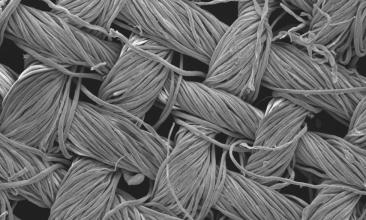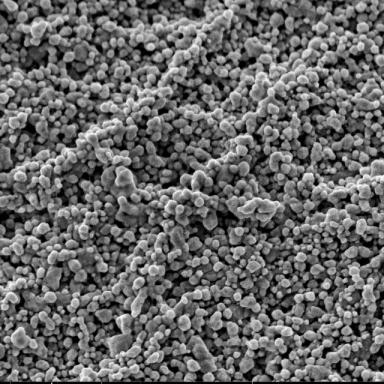 Researchers have developed a cheap and efficient new way to grow special nanostructures — which can degrade organic matter when exposed to light — directly onto textiles.
Researchers have developed a cheap and efficient new way to grow special nanostructures — which can degrade organic matter when exposed to light — directly onto textiles.
The work paves the way towards
Dr Rajesh Ramanathan said the process developed by the team had a variety of applications for
«The advantage of textiles is they already have a 3D structure so they are great at absorbing light, which in turn speeds up the process of degrading organic matter," he said.
«There’s more work to do to before we can start throwing out our washing machines, but this advance lays a strong foundation for the future development of fully
 The researchers from the Ian Potter NanoBioSensing Facility and NanoBiotechnology Research Lab at RMIT worked with copper and
The researchers from the Ian Potter NanoBioSensing Facility and NanoBiotechnology Research Lab at RMIT worked with copper and
When the nanostructures are exposed to light, they receive an energy boost that creates «hot electrons».
These «hot electrons» release a burst of energy that enables the nanostructures to degrade organic matter.
The challenge for researchers has been to bring the concept out of the lab by working out how to build these nanostructures on an industrial scale and permanently attach them to textiles.
The RMIT team’s novel approach was to grow the nanostructures directly onto the textiles by dipping them into a few solutions, resulting in the development of stable nanostructures within 30 minutes.
When exposed to light, it took less than six minutes for some of the
«Our next step will be to test our


